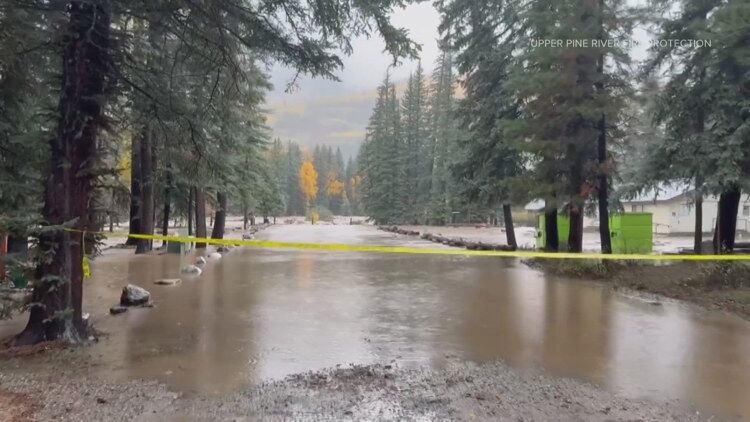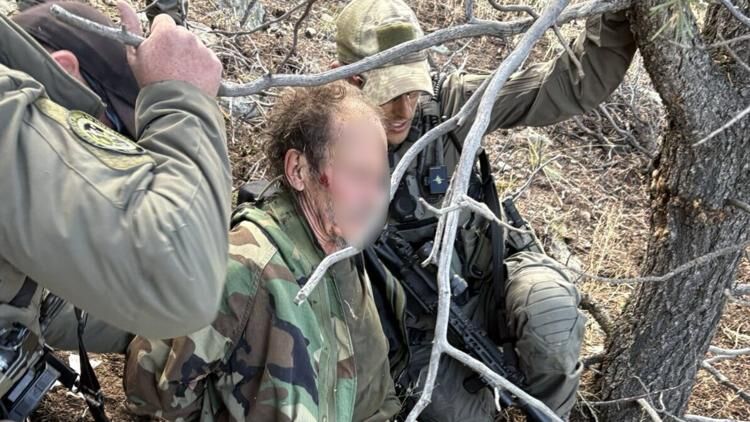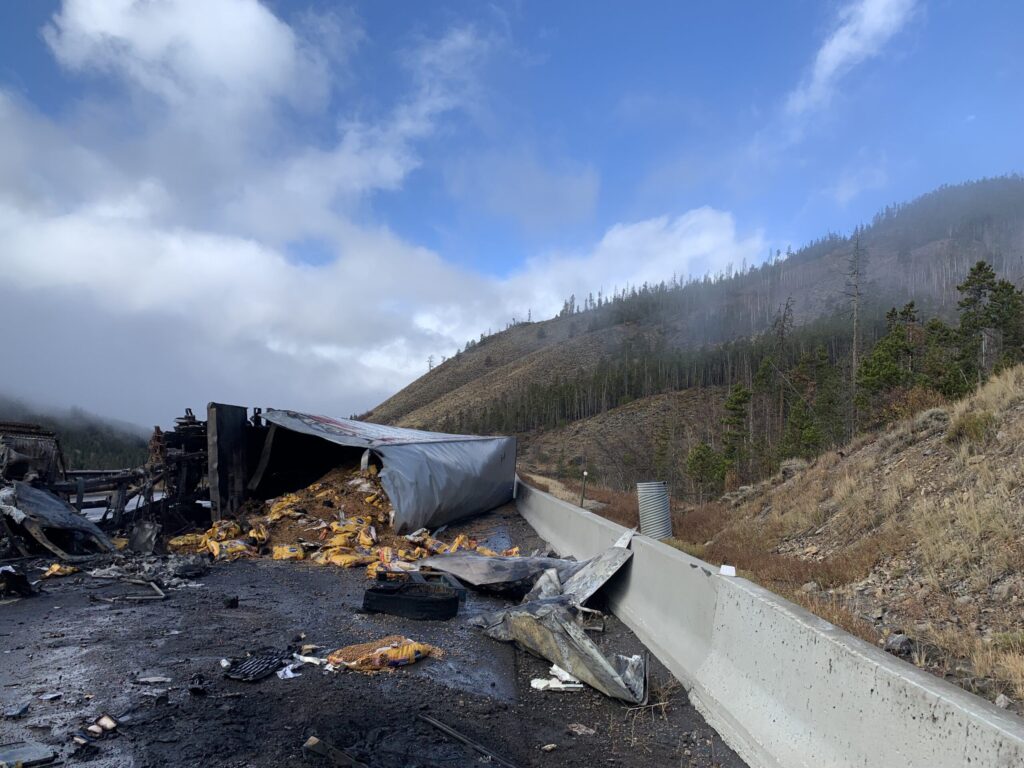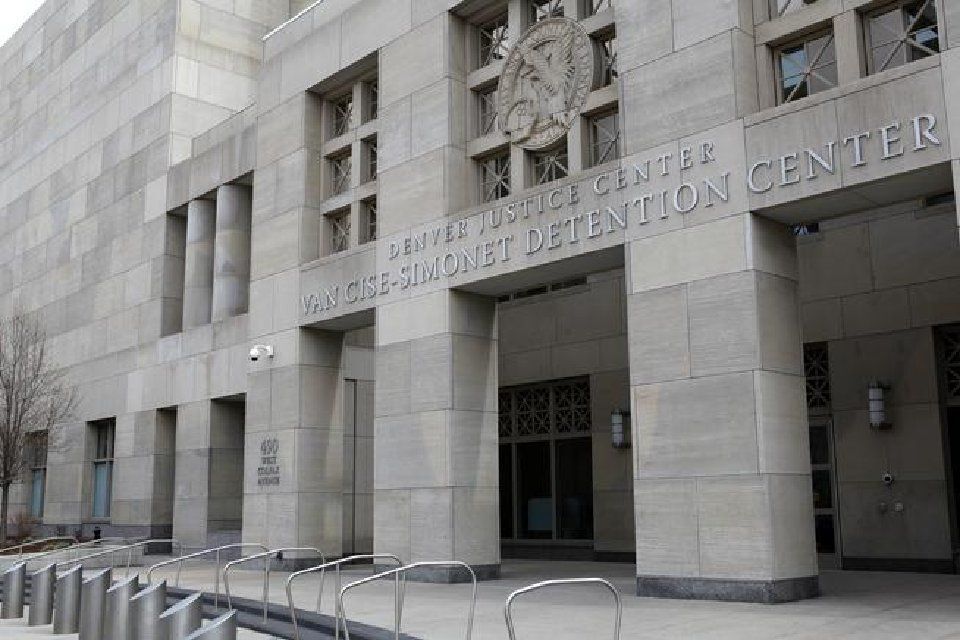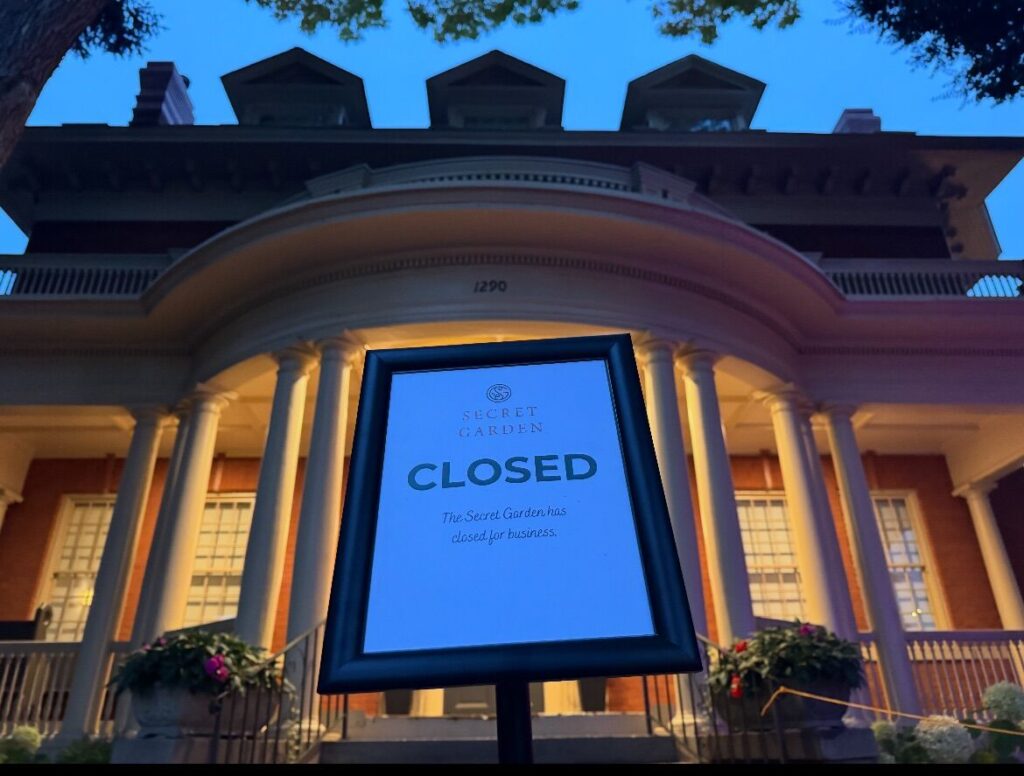DOD to narrow definitions of bullying, hazing, shorten timelines for investigations; critics worry fewer troops will come forward
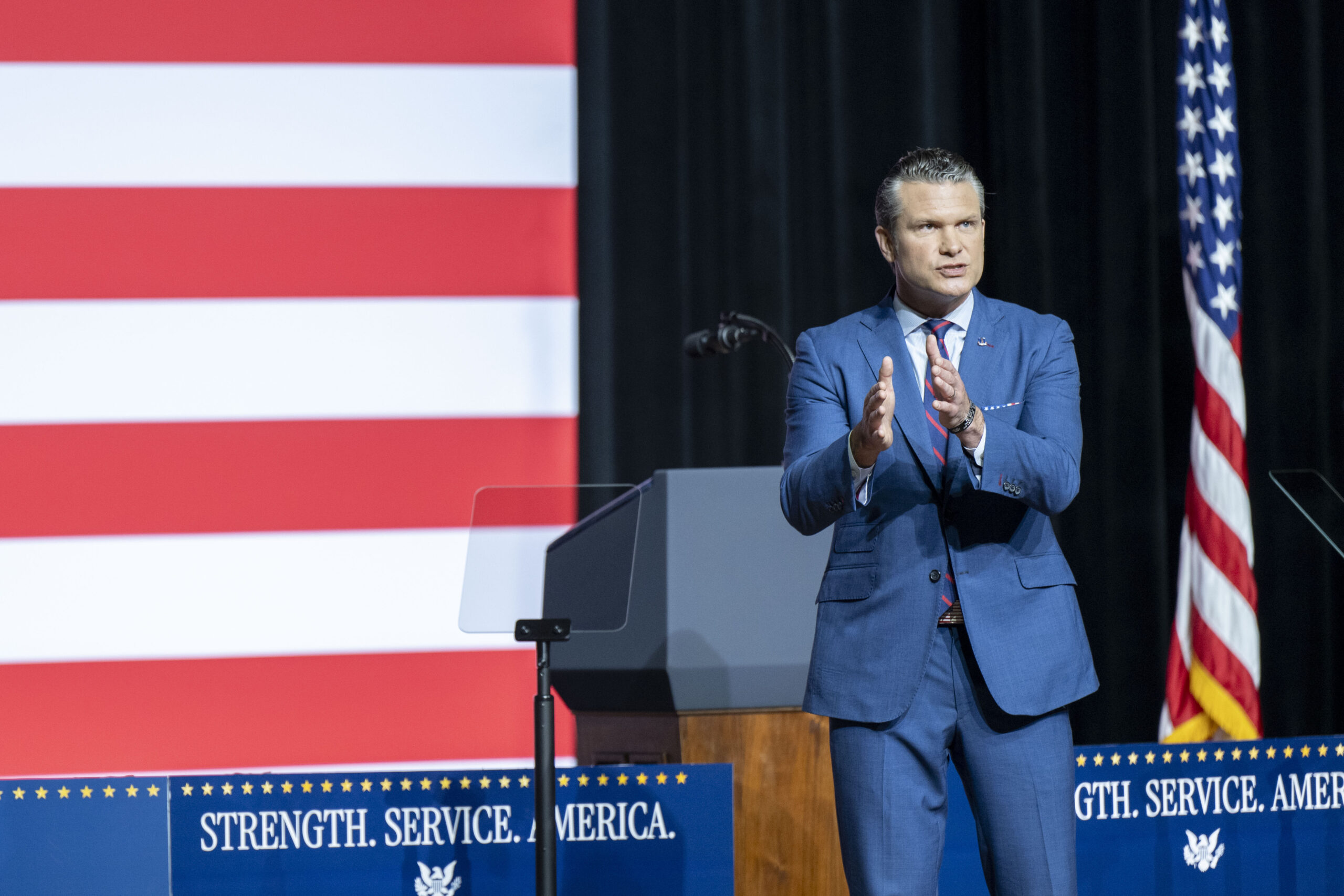
As the Department of Defense implements Secretary Pete Hegseth’s recently announced directives to overhaul the complaint processes and narrow the definition of bullying and hazing, critics worry the changes could discourage troops from coming forward to report wrong-doing.
To drive home the changes, Hegseth sent out a memo Monday entitled “The Warrior Ethos and Standards at the War Department” calling on leaders at every level to watch his speech in full or read the transcript, and review the policy changes no later than Oct. 31.
“The Department’s strength will be defined by our unity, combat readiness, warrior ethos, and commitment to standards by every member of the Joint Force,” the memo read. “Leaders at echelon must inculcate our cultural shift and ensure every member of the Department of War understands my guidance.”
Among the many changes, Hegseth ordered a review of the DOD’s definition of hazing and bullying, shortened timelines for establishing whether Military Equal Opportunity and Inspector General complaints are credible and eliminated the option for troops to submit Military Equal Opportunity complaints anonymously.
The specific changes in official memos followed a wide-ranging speech that also touched on physical training requirements and beard standards and changing a culture that has seen “decades of decay,” Hegseth said.
Former Army Ranger Congressman Jason Crow, D-Aurora, said he found the speech incoherent and filled with “lies, threats and contradiction,” in a news release.
“What a travesty that entire display was,” said Crow, in an interview with The Gazette.
However, supporters such as Colorado Springs-founded, Stand Together Against Racism and Radicalism in the Services or STARRS, cheered the speech. The group was founded in 2020 and set out to see diversity, equity and inclusion programs purged from the military
In an online statement, the group said Hegseth’s speech set a “clear-eyed” course.
“We will reinvigorate our military culture, ethos and standards” it said. The group has been advocating against diversity, equity and inclusion initiatives that it said were damaging the military’s meritocracy.
Hegseth said in his speech the DOD is adopting a “no more walking on eggshells policy” and would overhaul the Inspector General and Military Equal Opportunity policies and review definitions of hazing and bullying. Military Equal Opportunity complaints are meant to address discrimination, harassment, bullying and hazing.
The reviews of bullying and hazing definitions are meant to help “empower leaders to enforce standards without fear of retribution or second guessing,” he said.
But there is no data to support the claim that the definitions of hazing and bullying in the DOD are overly broad, said retired Air Force Col. Don Christensen, a former military attorney and judge. He also led Protect Our Defenders, a national nonprofit dedicated to ending sexual assault and racism in the military.
“There is not objective data to support a single thing (Hegseth) is saying about the military,” Christensen said.
The formal definitions of hazing and bullying in the military provide numerous examples of prohibited activities, such as branding, tattooing, greasing, duct-taping and handcuffing.
Hazing also doesn’t make units more effective and it can lead lead to suicidal thoughts, a 2023 study of about 1,400 combat troops found.
“There is no battle that we lost – no engagement – because the participants weren’t abused or bullied during their training process,” Christensen said.
A 2021 Government Accountability Report found that between 2017 and 2020 183 to 299 hazing reports came in during any one year. But a 2018 DOD survey found potentially tens of thousands of hazing incidents go unreported.
The President and CEO of STARRS, retired Col. Ron Scott, favored Hegseth’s changes, saying that the definitions need to change to stop commanders from overreacting to allegations.
“Commanders deciding what to do about allegations adopted overly extreme interpretations and gave excessive punishments because they were afraid of being accused of being racist, irresponsible,” he said.
In the memo, also Hegseth specified that he was replacing the anonymous Military Equal Opportunity complaints with confidential reporting. The DOD will still allow restricted reporting of sexual assault that allows victims to access services, such as counseling, without notifying their commands or initiating an investigation.
Retired Air Force Lt. Col. Rachel VanLandingham, now the associate dean of research at Southwestern Law School, said the change to anonymous reporting is reversing a best practice that encourages troops to come forward about problems despite their fears they will face blowback from their chain of command.
The recent change sends the message: “We don’t want to hear from you,” she said.
Anonymous reporting was one of the key best practices for countries after the fall of the Soviet Union and a critical part of setting up professional militaries, she said.
Scott supported the end of anonymous MEO complaints, saying: “Some people file complaints anonymously because their case may be very weak or no issue at all, but use this to go after others.”
Military Equal Opportunity and Inspector General complaints will also need to be assessed for credibility within seven days, the memos state.
Scott said the shorter timelines are needed because memories of details fade over time, diluting their accuracy. Rumors about allegations can also spread rapidly affecting good order and discipline, he said.
For investigators, Christensen said, seven days is an impossibly short timeline for professional to work through evidence and determine credibility. It’s likely investigations will be closed because the offices can’t staff them and conduct a proper investigation in time.
“You don’t force a timeline,” Christensen said. “Some investigations are short, some are long. It depends.”
Christensen expects the short timelines and elimination of anonymity will discourage people with legitimate complaints from coming forward and allow problems within units to fester, he said.
“A lot of bad environments have been uncovered because of the ability to make anonymous complaints,” he said.







